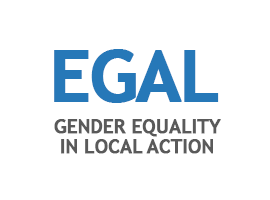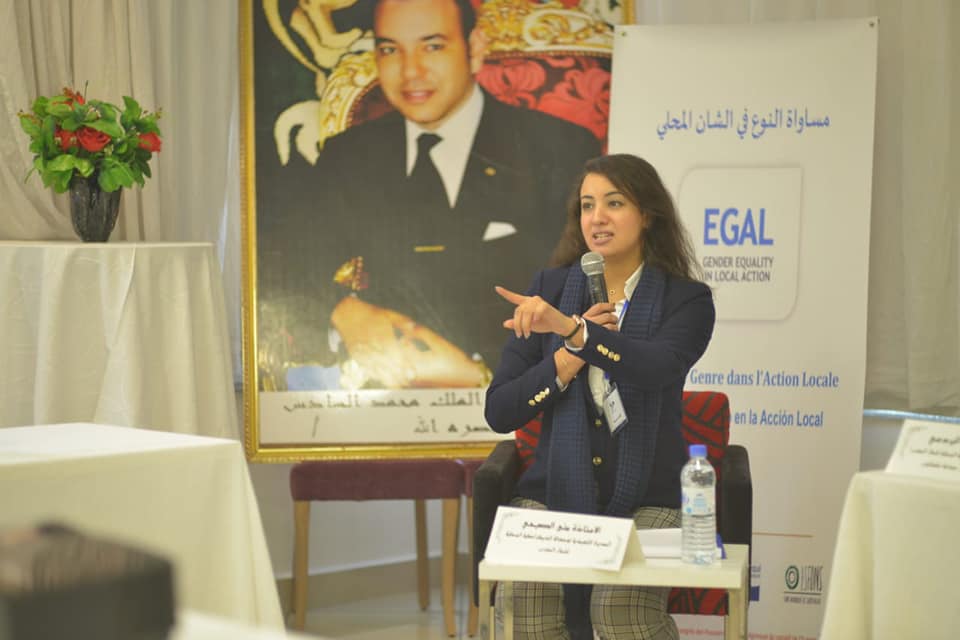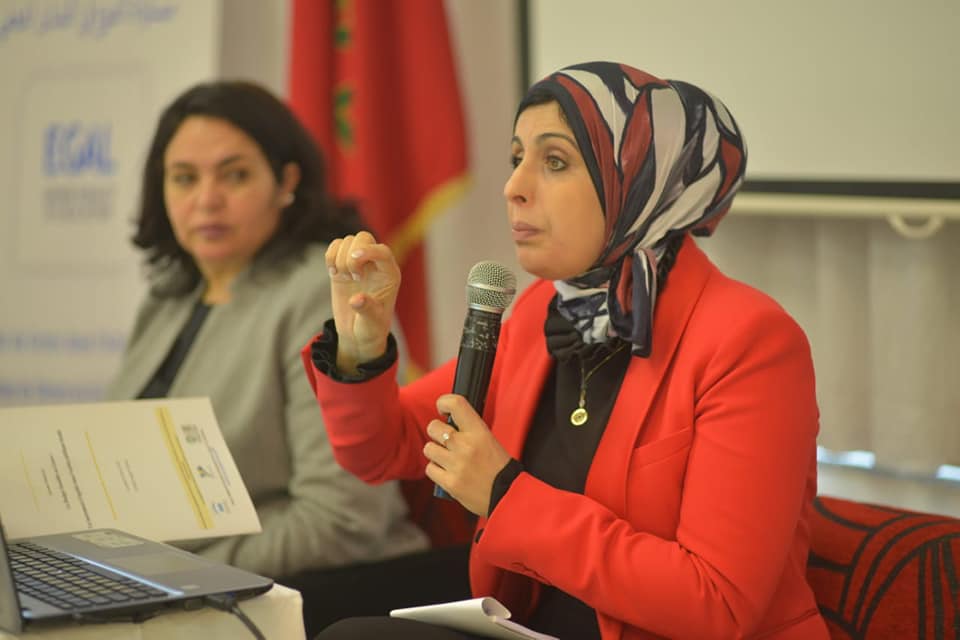
AT A GLANCE
On the economic level, women in Morocco often suffer from a lack of economic opportunities and self-confidence to initiate income-generating activities and make their voices heard in their communities. Women’s work is generally informal and without social protection. In addition, women suffer from a lack of skills and know-how due to low educational attainment and high levels of illiteracy, which in turn are explained by the persistence of socio-cultural stereotypes and patriarchal patterns of women’s role in society, leading to their economic dependence on men in the family but also to their marginaliSation from public life. The participation of women as candidates, voters and especially as citizens often depends on the goodwill of the men in the family, who often believe that women should give priority to their homes. The lack of capacity and sometimes willingness of local authorities to integrate women into public life and to systematically take into account and integrate their needs and interests in the planning and implementation of local policies and programmes are additional reasons, explaining in particular the low representation of Moroccan women in local public life, thereby preventing their interests and needs from being adequately taken into account.
OBJECTIVES
“Gender Equality in Local Action” (EGAL) project aims to continue ALDA’s efforts to promote women’s rights in Morocco, and is implemented in the province of Tétouan, where most women face gender-related socio-economic difficulties as heavy family tasks, low levels of women’s education, lack of access to information, etc.
The overall objective of the project is to improve the conditions of women in the province of Tétouan, Morocco. In particular, it aims to carry out a detailed analytical study on the political, economic and social situation of women in the province of Tétouan, and to strengthen both women and local authorities’ capacities in the field of inclusive and participatory democracy, by taking into account the gender dimension.

ACTIVITIES
The project is divided into several phases.
First, it will collect recent information and data on women and their level of education, access to the local market, medical care, community and political involvement in order to highlight inequalities in Tétouan province and assess the urgent needs on which municipalities can focus. This diagnosis will also provide details on women’s organisations in the municipalities, their number, activities and relations with the territorial municipalities.
It will finally focus on the competences of the municipal councils, the current public decision-making mechanisms and the gender policies of the various municipalities of Tétouan. It will therefore allow identifying local issues and concerned stakeholders.
Carried out by a local expert, the results of the study will be presented at a public event aiming at informing and raising awareness among women, representatives of territorial municipalities and the local population about the situation and needs of women in Tétouan province.

Then, using the diagnosis as a basis, 30 beneficiaries from 5 of the most disadvantaged municipalities will be identified and will benefit from an awareness session on civic participation in decision-making processes and on the integration of the gender dimension in public policies. The aim will be to set up a pilot training course over several days bringing together 10 representatives of the 5 territorial municipalities and 20 leaders and representatives of civil society and in particular women’s organisations working on a daily basis to promote and defend women’s rights in these same municipalities.
The intended objective is to strengthen the capacities of women’s associations (or active in the defence of women’s rights) and municipalities in order to promote the integration of the gender dimension into all local actions and the social and political inclusion of women from the 5 municipalities. It will therefore be a question of equipping local actors to guarantee the implementation of the principle of equality in local governance in the province of Tétouan.
At the end of the training, the beneficiaries will be awarded a grant that will enable them to carry out an awareness-raising activity in each of their municipalities. This will allow promoting the capitalisation and appropriation of the results of the diagnosis and training.
The action described is a pilot project. The training offered at the end of the diagnosis will be evaluated in order to be adapted and replicated later to other municipalities in the province of Tétouan.